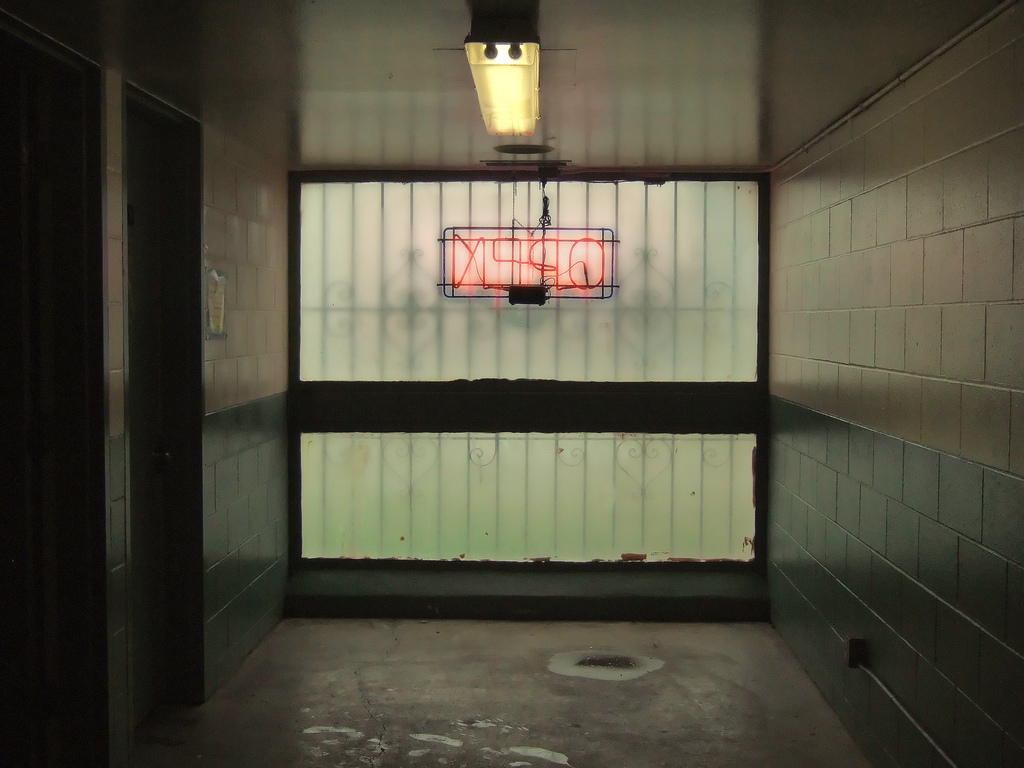2016: The Year in OER at UW-Madison
OER STRATEGIC FRAMEWORK
On an institutional level, the big news at UW-Madison in 2016 was the publication of the Open Education Resources (OER) page and strategic framework (pdf) on the Educational Innovation (EI) website at the beginning of the Fall 2016 semester (full disclosure: I was a co-author of the strategic framework document, along with Kris Olds, Carrie Nelson, and Jan Cheetham). These documents make it clear that UW-Madison is willing to publicly identify the adoption and production of OER as a ‘priority’ for the first time, and also offer some guiding principles for the university’s larger mission and vision as they relate to OER.
ADOPTING PRESSBOOKS AS AN AUTHORING TOOL
In 2015, LSS conducted a pilot test of Pressbooks (an open-source book publishing tool built upon the popular WordPress CMS) for creating OER in the College of Letters & Science in Fall 2015. The pilot was a success, and in January 2016, I wrote to Unizin (a consortium of several public research universities that UW-Madison belongs to) to see whether they’d be willing to host instances of Pressbooks (and some additional plugins) for their members schools. Unizin agreed to our proposal and after a brief testing period with UW-Madison, Ohio State University, and the University of Minnesota, Unizin began hosting a full production instance of Pressbooks for UW-Madison on August 1, 2016. Our small but growing catalog of openly licensed textbooks developed and published by UW affiliates can be found at https://wisc.pb.unizin.org/.
In practical terms, this is terrific news for everyone interested in OER at UW-Madison. We now have a stable, long-term hosting environment for creating, editing, and publishing openly licensed textbooks, and we have begun working on several feature requests to extend the power of the authoring platform to do even more of the things that are important to teachers and learners in our community. The underlying software is powerful, easy-to-use, open source, and available for use by anyone affiliated with the university. If you have any interest in using this tool, or want to meet other authors and content producers on campus, please contact me or consider attending our Spring kickoff meeting on January 26th.
HIRING AN OER GRADUATE ASSISTANT

The other big development in 2016 was that Learning Support Services received an Educational Innovation grant which allowed us to hire a 50% graduate assistant for the 2016–2017 academic year specifically devoted to the creation and adoption of Open Educational Resources. In September 2016, we hired Amanda Larson, a graduate student in the School of Library and Information Studies, to serve as our OER TA, and she’s been a terrific asset in helping faculty and staff become more skilled in their use of Pressbooks, in addition to her ongoing work in creating a set of tutorial and training resources that we expect will serve our users well for years to come. If you’re looking for help getting started in creating an open text of your own, want training in doing something that feels new or complicated, or just want advice and consulting as you plan the next step in your development process, please don’t hesitate to contact Amanda. She’s great (as many members of our Pressbooks user community can already attest)!
Active OER Projects in Pressbooks

Even though our efforts in 2016 were almost exclusively grassroots, driven by personal connections and word of mouth recommendations, we were pleasantly surprised by the breadth and depth of OER authoring activity undertaken by various colleagues around campus. As of January 1, 2017, we had more than 50 active text projects on the Unizin Pressbooks server, with several more that we know of coming soon. While we can’t describe every project with the detail it deserves, here are 10 quick highlights that give a good cross-section of the exciting work that we’ve been able to support in Pressbooks over the past year:
- Português para Principiantes, an introductory text for students of Brazilian Portuguese, been completed and was used for several sections of Portuguese here at UW-Madison during the Fall 2016 semester. Professor Ellen Sapega and her graduate student Jared Hendrickson were responsible for this text.
- Additional language learning textbooks are currently being developed for a number of world languages, including Swahili (Magdalena Hauner, Katrina Daly Thompson, and Amy Clay), Tibetan (Jampa Khedup), Indonesian (Ika Hutami and Erlin Barnard), and Hindi (Sarah Beckham).
- LSS staff and graduate assistants have created a handful of professional development texts for faculty and graduate students, including our Special Topics in Teaching with Technology course, Developing Your Web Presence, Research in a Digital Age, Essentials of Course Communication, Quizzing and Assessement Essentials, and Teaching in Desire2Learn (authored in collaboration with staff from DoIT).
- Elise Davis has led a group of instructors in the Anatomy department in producing two texts currently being used as free course materials for students in that department, with a few more in development.
- Journalism professor Hemant Shah has developed an open course reader for his Mass Media in Multicultural America course (Journalism 162).
- School of Business professor Jed Frees is developing an open textbook dedicated to Loss Data Analytics with collaborators from the actuarial community.
- The Biocore program has been developing digital editions of their lab materials, including a writing manual, statistics primer, and a research tools and techniques manual (this project has been led by Janet Batzli and Michelle Harris).
- Art History professor Anna Andrzejewski worked with students in a recent course to collaboratively author a media-rich called “Frank Lloyd Wright and his Madison Buildings” that will be able to be used as the course text for future offerings of the course.
- Economics professor Bill Sandholm is collaborating with two visiting professors from Spain (Luis and Segis Izquierdo) to produce “Agent-Based Evolutionary Games,” an open text intended to help learners implement and analyze agent-based models within the framework of evolutionary game theory.
- Finally, Geography professors Kris Olds and John Agnew (UCLA) are developing a very exciting “Global Regions” textbook intended to offer a high-quality openly licensed alternative to the expensive market leaders currently being used in Global Regions courses throughout the English-speaking world.
January OER Events in Madison
Finally, I’m presenting at two upcoming events on the UW-Madison campus that I think should be of interest to anyone curious about OER production locally. Details below:
- EI Brown Bag event on OER and Textbook Affordability, Tuesday, January 24, noon-1:15pm, Union South.
Kris Olds and I will present on the UW-Madison strategic framework, Pressbooks, and some of the open textbook efforts currently underway around campus. The event is free, but registration is requested.
- UW Pressbooks User Group Kickoff, Thursday, January 26, noon-1:30pm, 290 Van Hise Hall
In this meeting, Amanda Larson and I will give a brief presentation about the current state of development for Pressbooks, share a roadmap for future development, gather ideas from users about feature requests and content authoring needs, and begin to organize a regular Pressbooks users group meeting for anyone interested creating open texts of any kind. Whether you’re merely curious about Pressbooks and OER or already a skilled user, please join us for our 2017 kickoff event. RSVP here.
I’ll share more information about our future goals for 2017 and roadmap sometime in February. In the meantime, if you have any advice, recommendations, or suggestions, I’d love to hear them.
Featured image: “Open” by Roger Jones. Published under a CC BY-NC 2.0 license.

